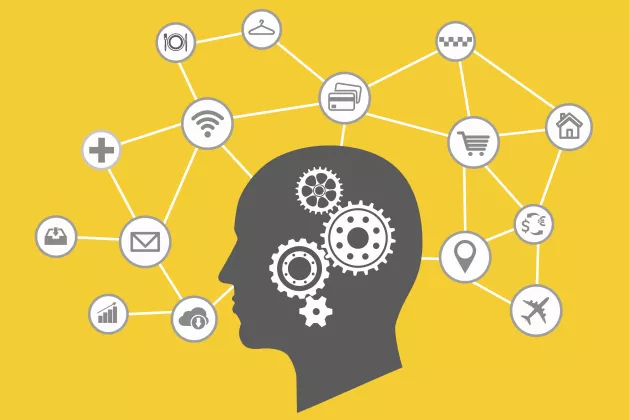This Special Issue, jointly developed with the UNEP Copenhagen Climate Centre and the ZHAW Zurich University of Applied Sciences, aims to broaden and strengthen the evidence base and policy value of behavioural insights in the context of sustainable energy use. It brings together more than 60 researchers from around the world providing the latest behavioural insights for energy and climate policy. We ask, what are the dominant theories and methods that currently support research on behavioural insights for sustainable energy use? What avenues does policy experimentation open up for government innovation? How do non-economic factors affect energy behaviours and related decision-making processes? What lessons can be learnt for the diffusion of low-carbon innovations? What can be said about the increasing interplay between digitalisation, behaviour and energy use? Findings across these areas indicate various challenges (e.g. timescales of energy behaviours, scaling of policy experiments, heterogeneous treatment effects) and four overarching opportunities are identified when policy implications are examined horizontally: ambition, integration, cooperation and ethics. Knowledge exchange between social scientists and policymakers is crucial for behavioural insights to realise their full potential.
Read our Editorial here.


